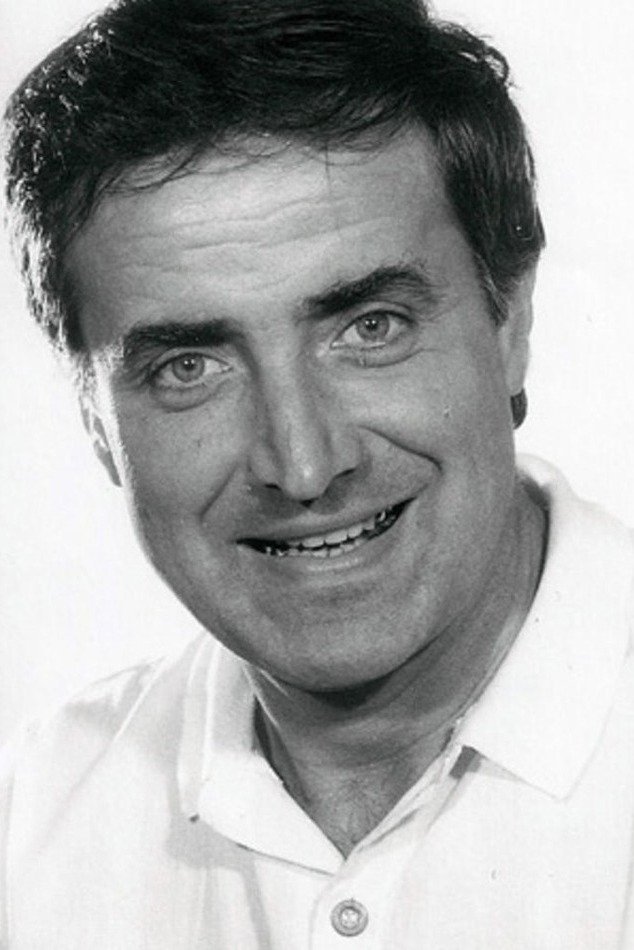Wenn aktiviert werden Animationen deaktiviert
Wenn aktiviert werden keine oder kleinere Bilder geladen
Wenn aktiviert wird ein helles statt dunkles Design genutzt
Wenn aktiviert wird eine kompakte Startseiten Version gezeigt
Setzt die primäre Ausgabesprache der Website fest
Selektiert wenn vorhanden die bevorzugte Audioausgabe
Selektiert wenn vorhanden die bevorzugte Videoqualität
Hebt wenn vorhanden den ausgewählten Hoster hervor
Filtert die Updateliste auf der Startseite
Wir speichern deine Filme unter deiner FilmFans-ID # und in einem Cookie. Solltest du deine Liste löschen wollen, lösch einfach deine Cookies. Du kannst deine FilmFans-ID nutzen um deine Liste auf mehreren Geräten abrufbar zu machen.
Aktiviert Benachrichtigungen für dieses Gerät
Kein Problem wir benachrichtigen dich gern. Alles was du dafür tun musst, ist deinem Browser einmalig die Erlaubnis erteilen, dass wir dir Benachrichtungen schicken dürfen.
Du kannst deine Einstellungen jederzeit wiederurfen, Serien entfernen oder neue hinzufügen.

Michel Etcheverry (16 December 1919 – 30 March 1999) was a French actor. First a teacher, he was fired in 1941 for refusing to make the Maréchal children sing, here we come!. He began his career in the theater as a stage manager, then joined the troupe of Louis Jouvet . He entered the Comédie-Française in 1961, was named member in 1964, honorary member in 1984. His repertoire includes many tragedies from the classical repertoire. In 1951, he resumed in Le Diable et le bon Dieu by Sartre, the role held by Jean Vilar called to the direction of the TNP. After which, he performed L'Alouette by Anouilh, Sud by Julien Green, Pygmalion by G.-B. Shaw and above all The Diary of Anne Frank (1957/58) at the Montparnasse Theater and The Annunciation Made to Marie by Paul Claudel at the Work. It was then that he entered the Comédie-Française, already a seasoned actor whose exemplary diction, intelligence and bearing soon made him an indispensable part of the troupe. His austere physique, his deep voice and the rigor of his acting serve the tragic repertoire as well as contemporary drama. Racine's great confidants (Paulin,Berenice; Narcisse, Britannicus), the noble fathers of Corneille (Don Diègue, Le Cid; Auguste, Cinna; the Old Horace, Horace; Félix, Polyeucte and Sertorius), the Don Sallust of Ruy Blas are close to the characters, with a metaphysical dimension, of Claudel (The Hard Bread, The Hostage) and Montherlant (Malatesta, The Master of Santiago, The Cardinal of Spain), as well as those of ancient tragedy (Oedipus the King, Oedipus at Colone, Antigone in Brecht's version). But he also plays Gide, Schiller, Shakespeare, Pirandello, Strindberg, Anouilh and T.-S. Eliot. He directed André del Sarto and Bettine by Musset, Bajazet by Racine, L'Ecole des femmes by Molière, L'Apollon de Bellac by Giraudoux, Le Carrosse du Saint-Sacrement by Mérimée, Monsieur Le Trouhadec seized by the debauchery of Jules Romains, The False Confidences of Marivaux, A Caprice by Musset and The Barber of Seville by Beaumarchais. On television, where he appeared a lot, he was notably the Marquis de Lantenac in Quatre-vingt-treize after Victor Hugo, Don Quixote, King Lear, Un Bourgeois de Calais... not to mention the dramas produced with the French comedy. In cinema, he has participated in many films. After the success of his interpretation of the title role of Sertorius by Pierre Corneille, he left the Comédie-Française and the theater in full glory. Source: Article "Michel Etcheverry" from Wikipedia in English, licensed under CC-BY-SA 3.0.